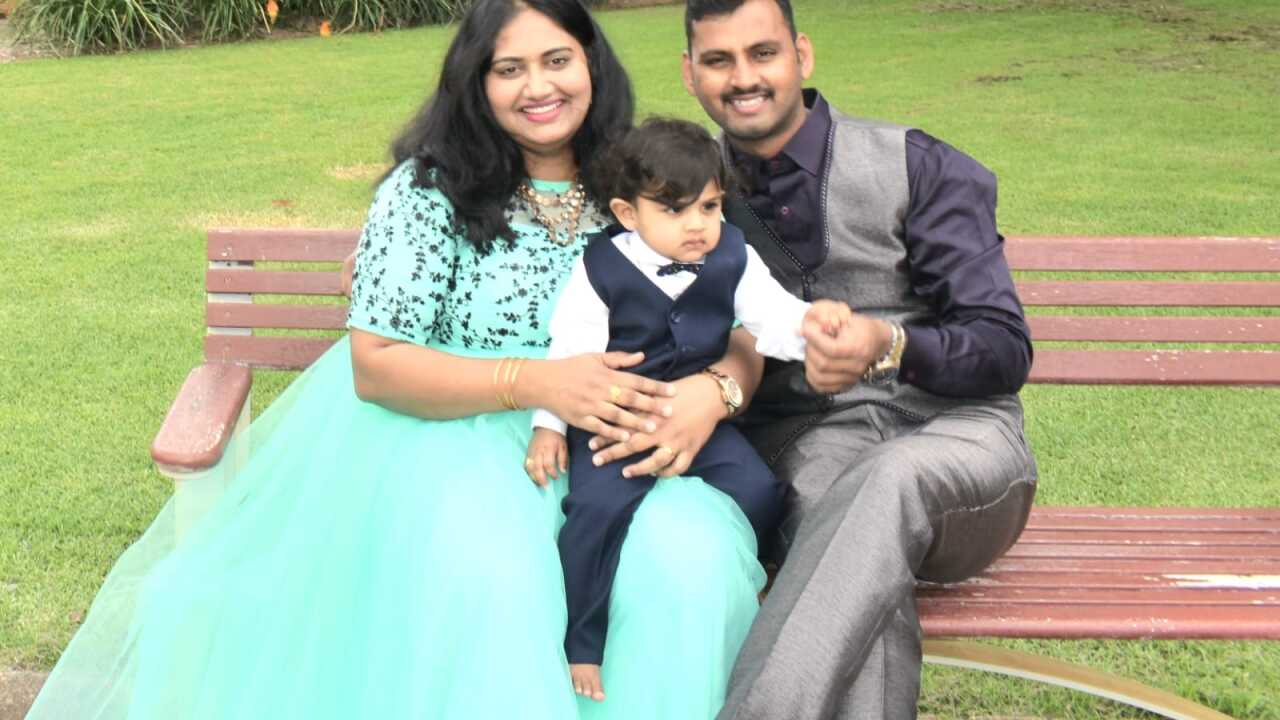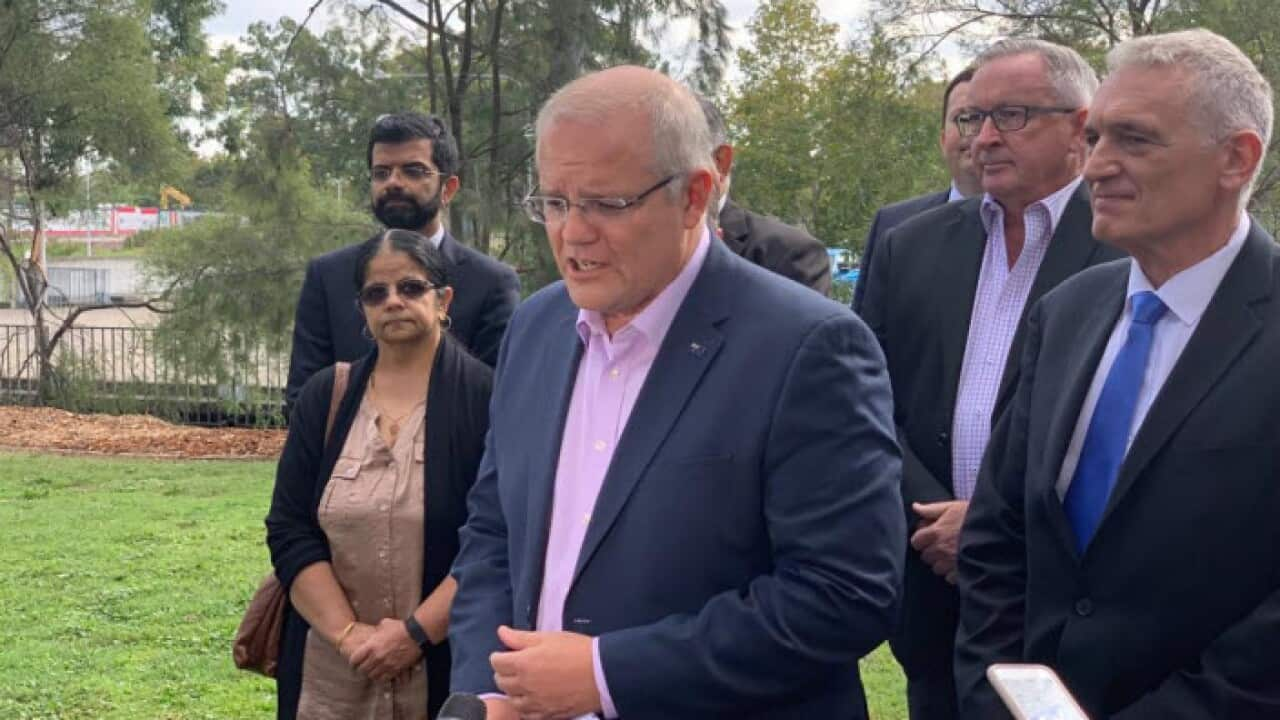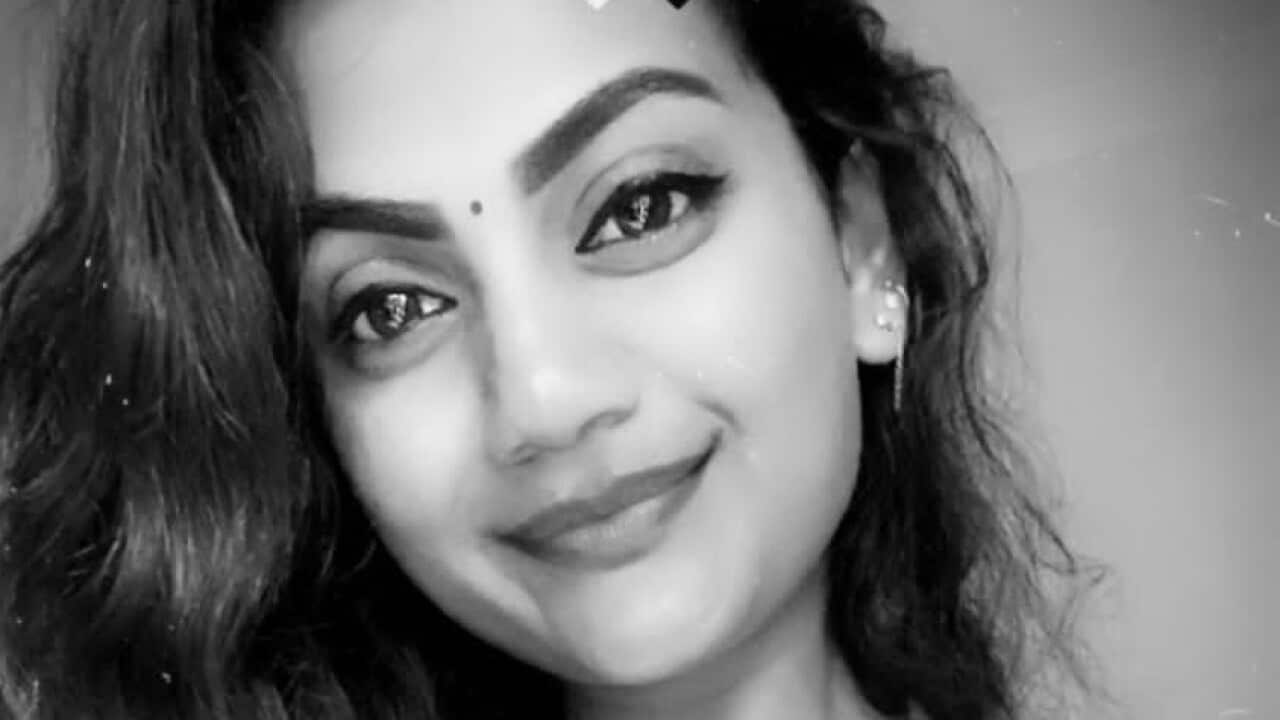Key Points
- Indian-origin woman in Perth died suddenly due to arteriovenous malformation.
- Sowjanya Kaniganta's husband, Kalyan Gangineni, donated her organs to help others in Australia.
- Seven people in Australia received Sowjanya’s organs.
The sudden death of Sowjanya Kaniganta, an Indian-origin woman in Perth, has devastated her husband and family.
The 29-year-old mother of a two-and-a-half-year-old son passed away in April after being diagnosed with arteriovenous malformation, a rare brain condition.
Despite the overwhelming grief of losing his beloved wife, her husband, Kalyan Gangineni, says he took the difficult decision to donate eight of her organs to benefit people in Australia.
What happened to Sowjanya?
Mrs Kaniganta, who lived in the Perth suburb of Thornlie, was taken to the Royal Perth Hospital by her husband after he says she suddenly vomited and became distressed at midnight on 12 April.
Mr Gangineni says he was told the following morning that she had had a cardiac arrest and the medical team had decided to keep her on a ventilator.
He says the doctors at the hospital then operated on her and discovered she was suffering from an arteriovenous malformation, a rare condition caused by a tangle of veins that carry blood from the heart to the brain.
She passed away suddenly on 14 April.

Taking a tough decision
Talking to SBS Gujarati about his difficult decision amid his personal grief, Mr Gangineni says: "I love my wife a lot; her sudden death has left me and my family members shattered."
He says he had heard about posthumous organ donation and decided to take the advice of his family in India.
She won’t return to our life, but her organs will remain with us in Australia forever if I donate them.Kalyan Gangineni
"Hence, after discussing with my family members in India, I decided to donate her eyes, heart, liver, lungs, kidneys, intestine, pancreas and gallbladder, " he adds.
It was a very tough choice for me to donate my wife’s organs. However, I thought it was the right decision, as it would help people in need.Kalyan Gangineni
"I could donate her vital organs because my wife passed away due to an arteriovenous malformation."
When faced with the option to donate his wife’s bones and other organs, Mr Gangineni says he could not proceed.
"As per Hindu culture, we need to bathe the dead body before performing the last rites," he says.
Mr Gangineni says he hopes his decision to donate her wife’s organs will inspire others to consider organ donation in Australia.
"I feel my wife Sowjanya’s organs will remain with me here and give new life to seven people in Australia," he says.
Organ and tissue donation in Australia
According to the Australian government's Organ and Tissue Authority, organ, eye and tissue donation saves lives, restores health and improves the quality of life for thousands of Australians each year.
One organ donor can save the lives of up to seven people and help many more through eye and tissue donation, the authority says.
"In 2022, 701 families said yes to donation in the hospital – representing a national consent rate of 54 per cent – with 454 people becoming organ donors," the authority says on its .
"With only a small number of potential donors, increasing consent is critical to increasing our donation rate.
"There are around 1,800 Australians wait-listed for a transplant and around 14,000 additional people on dialysis – some of whom may need a kidney transplant."
The authority advises people to register as organ donors while they are living with 208,861 Australians doing so in 2022.
Here's how to follow SBS Gujarati on our other digital and social media platforms.
SBS Radio App: Download SBS Radio App from App Store or Google Play and listen to podcasts and our live radio program.
Listen to news and interviews in Gujarati: Follow SBS Gujarati on Apple Podcasts, Google Podcasts and Spotify.
Listen to SBS Gujarati every Wednesday and Friday at 4pm.




